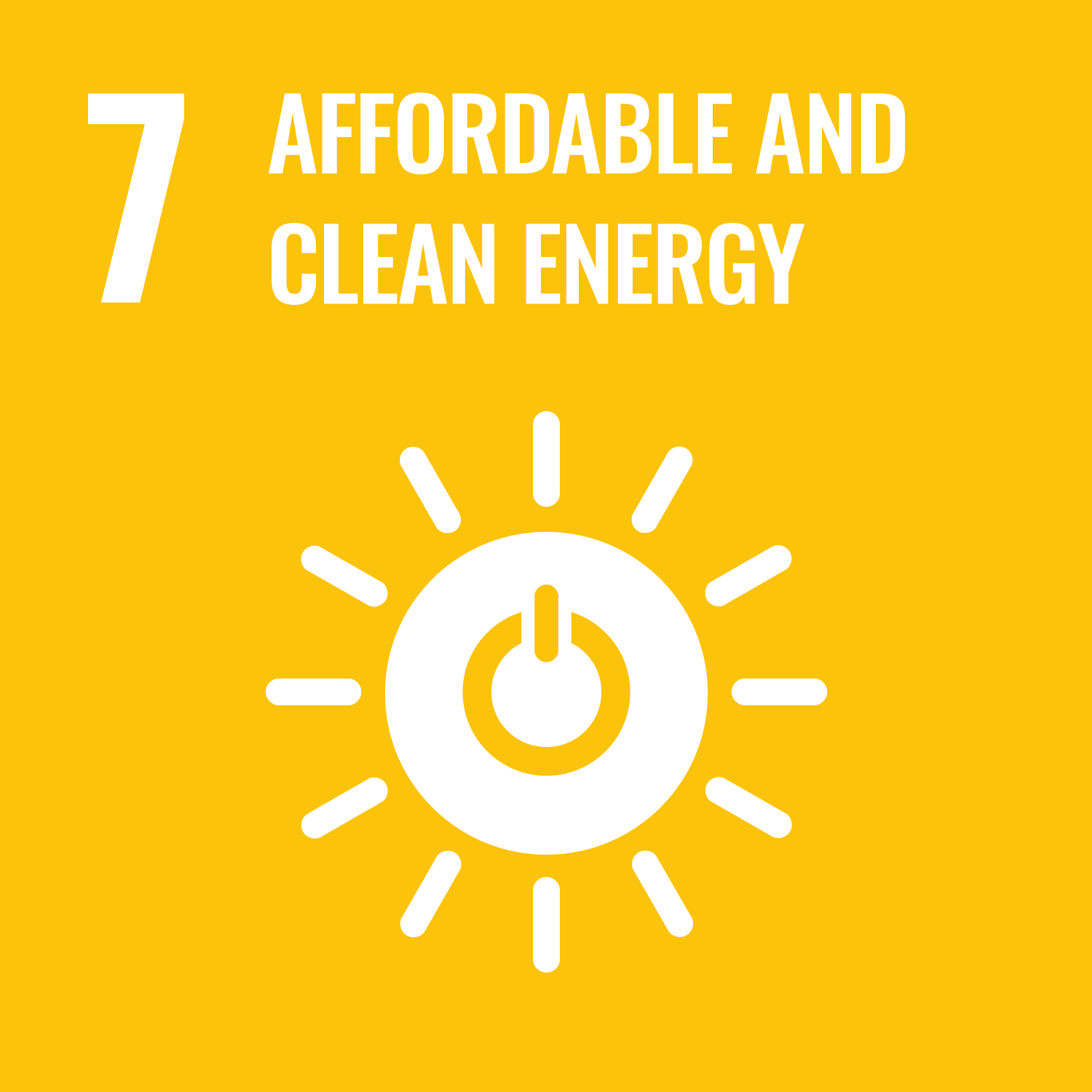Kalospyrou, I. orcid.org/0009-0001-3845-8741, Hutty, T. orcid.org/0000-0002-5442-5755, Milton, R. orcid.org/0000-0002-9463-8018 et al. (1 more author) (2025) Flexible aggressiveness probabilistic optimisation (FAPO) bidding for peer-to-peer electricity trading. Energy and AI, 21. 100543. ISSN: 2666-5468
Abstract
The maximisation of renewable energy generation is critical for net-zero aspiring countries around the globe. Local energy markets facilitate the seamless incorporation of energy from distributed renewable energy resources into the electricity network, serving as platforms for trading locally-generated renewable energy between prosumers in residential communities. However, local energy markets’ essential role in distributed energy resource integration is not enough to encourage participation. Prosumers are more likely to join a local energy market if financial incentives are offered. To address this, we present the Flexible Aggressiveness Probabilistic Optimisation (FAPO) bidding strategy for trading electricity within a local energy market aimed at maximising participation incentives. This is formulated as an optimisation problem targeting the maximisation of prosumers’ individual utilities. The FAPO methodology is applied in a simplified local energy market simulation environment, and its results are compared to two other well-established bidding strategies: Zero Intelligence-Constrained and Adaptive Aggressiveness. The results indicate that FAPO achieved a wider range of clearing prices than both Adaptive Aggressiveness and Zero Intelligence-Constrained, incentivising greater prosumer participation. Specifically, FAPO enabled the trading of 1.48 MWh of electricity, compared to 1.34 MWh with Adaptive Aggressiveness and 1.37 MWh with Zero Intelligence-Constrained. Furthermore, FAPO cleared 100% of all asks and 98% of all bids, while the other two strategies cleared approximately 90% of submitted orders. Consequently, FAPO is proven to be an engaging bidding methodology likely to attract more prosumers to local energy markets. This is critical for the successful acceptance, uptake, and widespread application of this financial market type, which is key for smooth distributed energy resource integration into the network.
Metadata
| Item Type: | Article |
|---|---|
| Authors/Creators: |
|
| Copyright, Publisher and Additional Information: | © 2025 The Authors. This is an open access article under the CC BY license (http://creativecommons.org/licenses/by/4.0/). |
| Keywords: | P2P trading; Intelligent agents; Optimisation; Flexibility; Electrification; Microgrid |
| Dates: |
|
| Institution: | The University of Sheffield |
| Academic Units: | The University of Sheffield > Faculty of Engineering (Sheffield) > School of Chemical, Materials and Biological Engineering The University of Sheffield > Faculty of Engineering (Sheffield) > Department of Chemical and Biological Engineering (Sheffield) |
| Date Deposited: | 13 Nov 2025 16:10 |
| Last Modified: | 13 Nov 2025 16:10 |
| Status: | Published |
| Publisher: | Elsevier BV |
| Refereed: | Yes |
| Identification Number: | 10.1016/j.egyai.2025.100543 |
| Related URLs: | |
| Sustainable Development Goals: | |
| Open Archives Initiative ID (OAI ID): | oai:eprints.whiterose.ac.uk:234480 |
Download
Filename: 1-s2.0-S2666546825000758-main.pdf
Licence: CC-BY 4.0



 CORE (COnnecting REpositories)
CORE (COnnecting REpositories) CORE (COnnecting REpositories)
CORE (COnnecting REpositories)